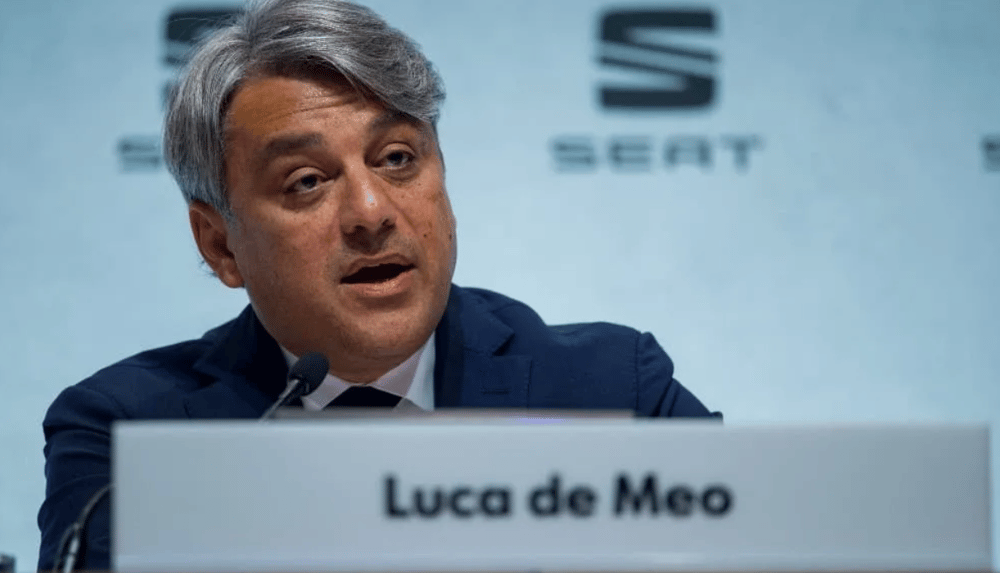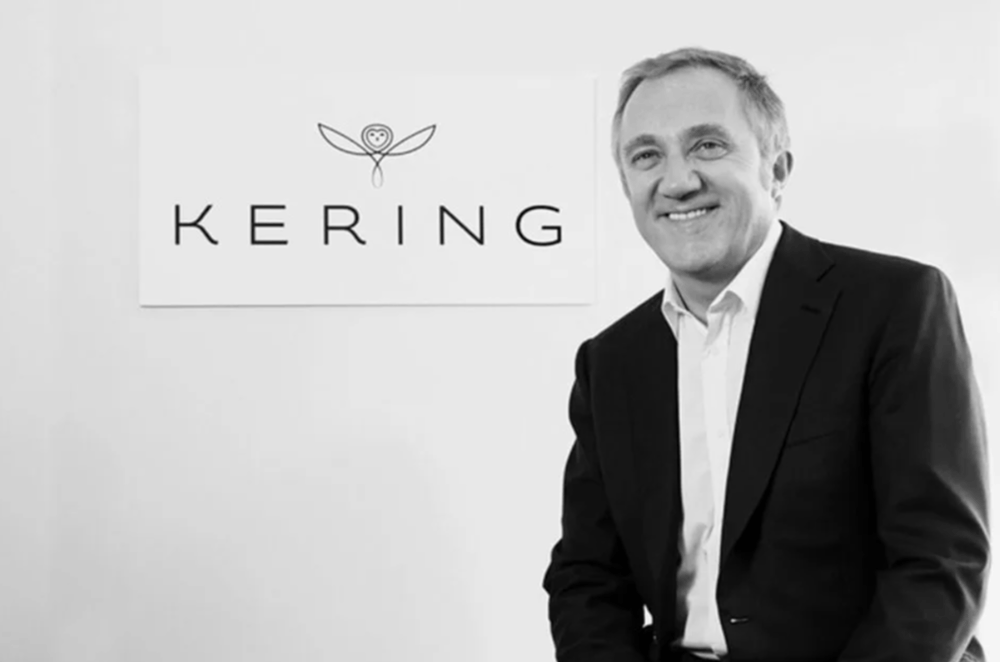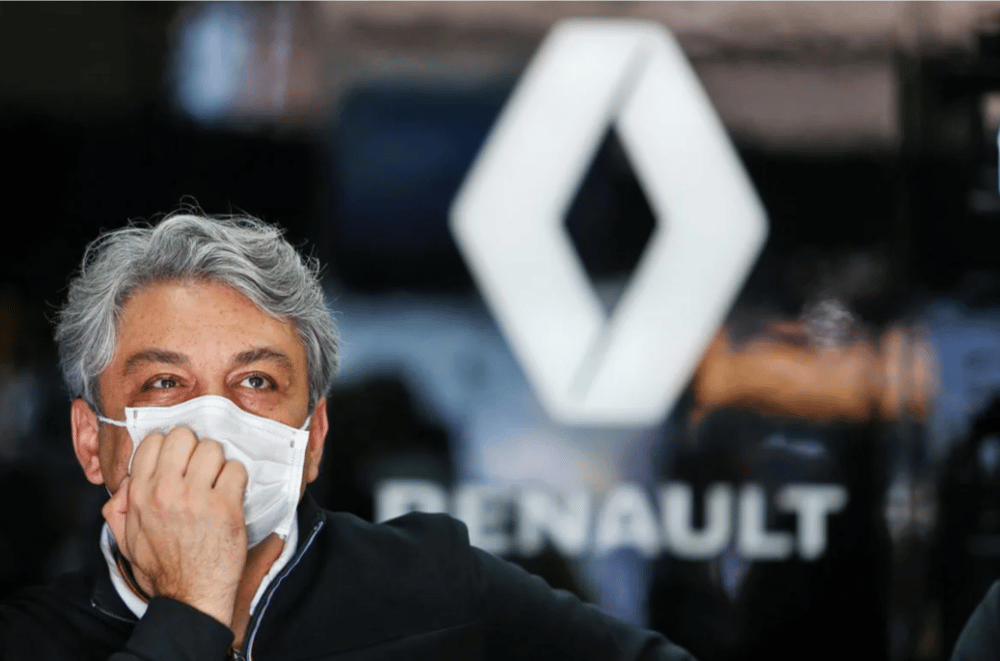Kering Eyes Luca de Meo as New CEO Amid Strategic Overhaul and Mounting Debt Pressure
Kering S.A. $KER.PA, the French luxury conglomerate and parent company of Gucci, is reportedly nearing a high-profile leadership transition. Sources suggest the group is preparing to appoint Luca de Meo, former CEO of Renault $RNO.PA, as its new chief executive officer. The change comes at a pivotal moment for the Paris-listed company, which faces rising debt levels, a series of operational challenges across its portfolio, and underperformance relative to luxury peers.
Current chairman and CEO François-Henri Pinault, who has led the group since 2005, is said to be considering splitting the roles of chairman and CEO — a structural shift that reflects governance modernization and investor pressure for accountability. The Pinault family remains the majority shareholder through Groupe Artémis, holding control over a business with iconic brands such as Balenciaga, Saint Laurent, and Bottega Veneta.
Implications of Kering’s Potential CEO Appointment and Corporate Governance Shift
The likely appointment of Luca de Meo represents a strategic departure from traditional luxury industry leadership. Known for his turnaround work at Renault and his extensive experience in brand repositioning at Volkswagen Group $VOW.DE, de Meo’s track record suggests Kering is prioritizing industrial rigor and brand recovery over legacy fashion experience.
This leadership shift is taking place against the backdrop of Kering's financial vulnerabilities. Despite its strong brand portfolio, Kering has seen slowing growth, particularly at Gucci, its flagship label, which has faced stiff competition from LVMH $MC.PA and Hermès $RMS.VI. The group’s debt-to-equity ratio has risen in recent quarters, partly due to acquisitions and ongoing investments aimed at reviving brand equity.
If confirmed, de Meo's appointment would mark a significant inflection point for Kering’s corporate strategy, moving toward operational restructuring and global repositioning in the high-stakes luxury market.

Key Facts on Kering’s Leadership Transition
🇫🇷 Company: Kering S.A.
🧥 Brands: Gucci, Saint Laurent, Bottega Veneta, Balenciaga
👔 Candidate for CEO: Luca de Meo (ex-CEO of Renault, RENA.PA)
📉 Financial Pressure: Rising debt and underperforming key brands
🔁 Governance Move: Possible split of CEO and chairman roles
📆 Current CEO: François-Henri Pinault (20-year tenure)
Market Response and Industry Commentary on Kering’s CEO Search
Analysts have reacted with cautious optimism to the possibility of bringing in an automotive executive to lead a luxury house. While some view Luca de Meo’s lack of direct fashion industry experience as a risk, others highlight his successful brand repositioning at SEAT (Volkswagen Group) and Renault as evidence of adaptable leadership suited for troubled legacy brands.
Investors have been pushing for a more performance-driven strategy as Kering’s shares have lagged behind peers. As of mid-2025, PRTP.PA has underperformed the CAC 40 (FCHI) and the STOXX Europe Luxury 10 Index, reflecting investor concerns over operational inefficiencies and slowing Chinese demand for luxury goods.
The separation of executive functions is also seen as a positive governance evolution. It would align Kering with international best practices and may improve investor sentiment, particularly among institutional stakeholders concerned with accountability and long-term profitability.

Key Strategic Takeaways
Kering is preparing for a leadership transition amid declining brand momentum and rising debt metrics.
Luca de Meo’s candidacy signals a shift toward turnaround expertise and operational optimization.
The potential governance split reflects increasing pressure from shareholders to modernize leadership structures.
Kering is likely to refocus on core brand recovery, especially Gucci, which has seen slowing sales growth.
The luxury sector is closely watching whether industrial leadership can drive sustainable brand value.
A Defining Moment for Kering's Future Direction in the Global Luxury Sector
Kering’s prospective CEO transition — from François-Henri Pinault to Luca de Meo — symbolizes a strategic crossroads for the group. With rising leverage, brand underperformance, and shifting consumer dynamics in luxury markets, the company is betting on transformation through external leadership and governance reform.
This potential leadership overhaul will have far-reaching implications not just for Kering, but for the broader luxury industry as it grapples with ESG mandates, digital disruption, and evolving global demand patterns. Whether de Meo can bring the same success he achieved in the automotive industry to high fashion remains a key question — but his appointment could signal the beginning of a bold new era for Kering.















Comments
A sale of this scale might transform the future landscape of automation in the tech industry
Kering's leadership shift appears to be a bold gamble that could redefine its standing in an increasingly turbulent luxury market.